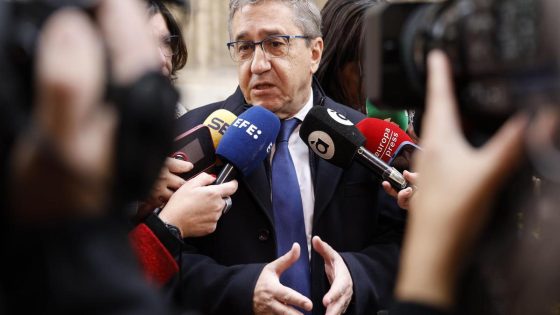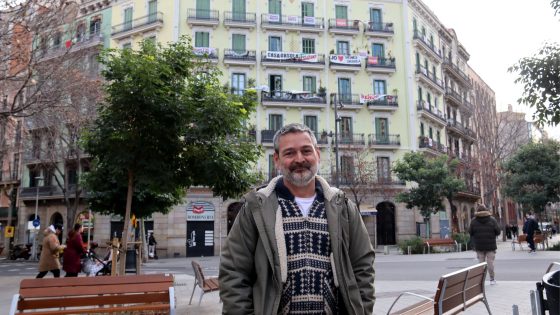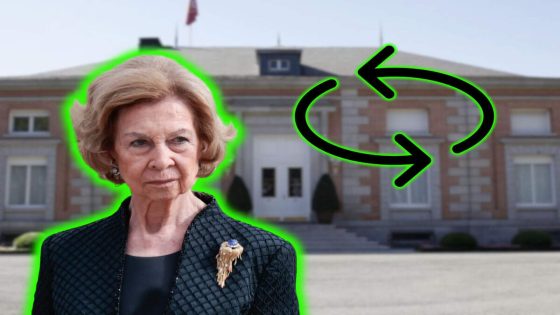On February 9, 2025, Argentine fugitive Rodolfo Lohrman, captured in Spain, has opposed his extradition to Portugal. His lawyer argues for his return to Argentina instead, citing Lohrman’s previous wishes to serve his sentence there. With ongoing legal proceedings, will Lohrman succeed in avoiding extradition?
- Rodolfo Lohrman opposes extradition to Portugal.
- His lawyer advocates for extradition to Argentina.
- Lohrman was captured in Alicante, Spain.
- European arrest warrants expedite extradition processes.
- Other fugitives from Vale de Judeus recaptured.
- Ongoing cooperation between Portuguese and Spanish authorities.
Rodolfo Lohrman’s Extradition Case: What You Need to Know
Why is Rodolfo Lohrman resisting extradition to Portugal? The case highlights the complexities of international law and extradition treaties. As authorities in Spain deliberate, the outcome could set a precedent for future extradition cases.
Understanding Extradition: Lohrman’s Situation Explained
Rodolfo Lohrman, along with another fugitive, was captured in Alicante, Spain, under a European arrest warrant issued by Portugal. The extradition process is typically swift, but Lohrman’s opposition complicates matters.
Key Points About Lohrman’s Extradition Case
Here are some essential aspects of the situation:
- Lohrman is 59 years old and previously expressed a desire to be extradited to Argentina.
- His lawyer argues that he should serve his sentence in Argentina, not Portugal.
- The case involves international cooperation between Portuguese and Spanish authorities.
- Another fugitive, Mark Roscaleer, was also captured and faces similar proceedings.
Legal Implications of Extradition Requests
Extradition requests can be influenced by various factors, including the legal systems of the countries involved. In Lohrman’s case, the Spanish court will weigh his objections against the extradition request from Portugal.
What’s Next for Rodolfo Lohrman?
The next steps in Lohrman’s case will depend on the Spanish court’s decision regarding his extradition. If he continues to resist, it could lead to a protracted legal battle, potentially affecting future extradition cases.
In conclusion, Rodolfo Lohrman’s extradition case raises important questions about international law and the rights of fugitives. As the situation unfolds, it will be interesting to see how it impacts extradition processes in Europe and beyond.

































